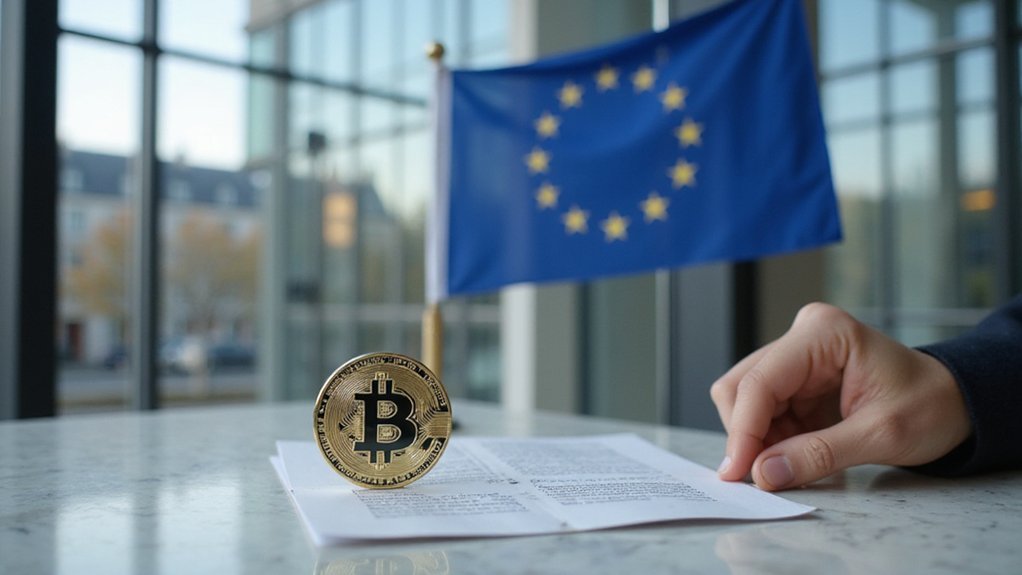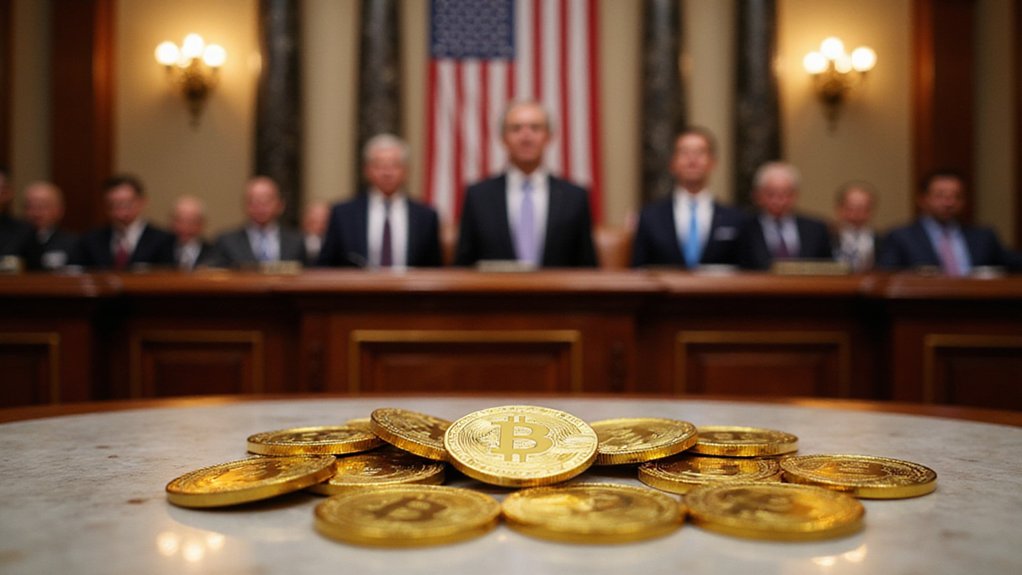Uniswap and venture capital powerhouse Andreessen Horowitz have mounted a coordinated lobbying effort to convince the U.S. Senate that decentralized finance deserves special treatment under upcoming market structure legislation—because apparently, traditional securities laws weren’t designed with autonomous smart contracts in mind.
The coalition’s central argument hinges on what a16z terms “control-based decentralization,” a framework suggesting that securities regulations should only apply when someone actually maintains meaningful authority over a blockchain system. This isn’t merely semantic hairsplitting; it reflects fundamental operational differences between DeFi protocols and traditional centralized exchanges, where human intermediaries facilitate transactions and maintain custody of assets.
The urgency stems from legitimate concerns that blanket regulatory approaches could impose compliance burdens that are literally impossible to fulfill in truly decentralized systems. How does one register as a securities dealer when there’s no central entity to register? The question isn’t rhetorical—it’s a practical nightmare that could effectively criminalize innovation.
The fundamental absurdity: requiring registration from entities that literally don’t exist in decentralized protocols.
Uniswap, which has processed hundreds of billions in trading volume through its automated market maker protocol, exemplifies the stakes involved. The platform operates through immutable smart contracts deployed on Ethereum, with no central authority capable of halting trades or freezing accounts (though this hasn’t stopped regulators from trying to find someone to hold accountable). Recent proposals like EIP-7983 aim to establish a 16.77 million gas limit per transaction to enhance network stability and protect against potential denial-of-service attacks.
The venture capital giant’s detailed policy submissions to the SEC’s Crypto Task Force earlier this year outlined technology-neutral rules that could adapt to evolving blockchain use cases without stifling development. Their approach attempts to balance investor protection with recognition that decentralized systems operate under fundamentally different paradigms than traditional finance. The emergence of hybrid financial instruments bridging DeFi and traditional finance highlights the complexity regulators face in crafting comprehensive frameworks.
The coalition warns that regulatory overreach could drive innovation offshore to jurisdictions with more accommodating frameworks—a familiar refrain in crypto circles, though one with increasing credibility as other nations develop clearer DeFi guidelines. Singapore and Switzerland have already implemented nuanced approaches that distinguish between centralized and decentralized protocols. Meanwhile, El Salvador’s recent experience with IMF restrictions on bitcoin expansion demonstrates how international financial institutions continue to view cryptocurrency adoption with skepticism, even when implemented at the sovereign level.
Whether senators will embrace these technical distinctions remains unclear, but the alternative—applying twentieth-century securities laws to twenty-first-century autonomous protocols—promises to be spectacularly messy for everyone involved.









